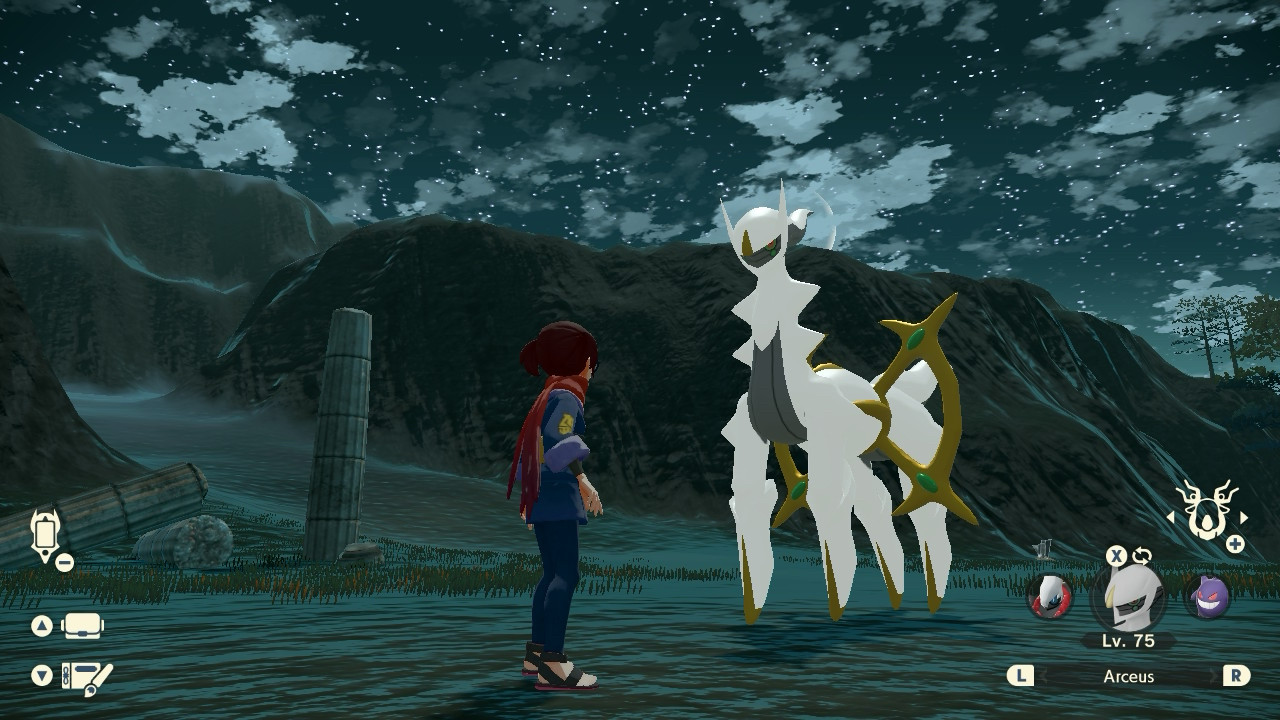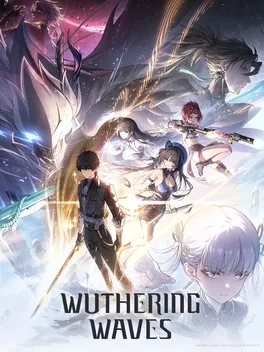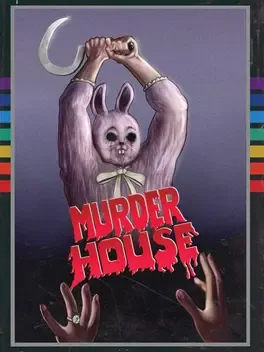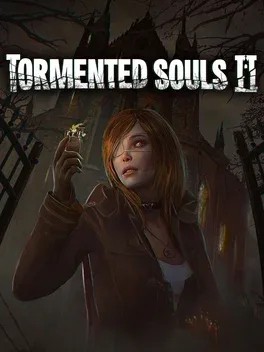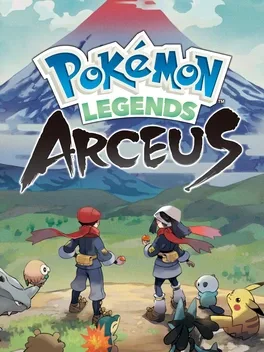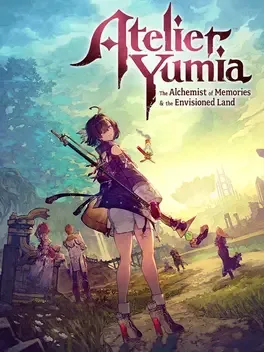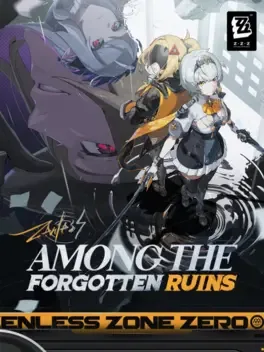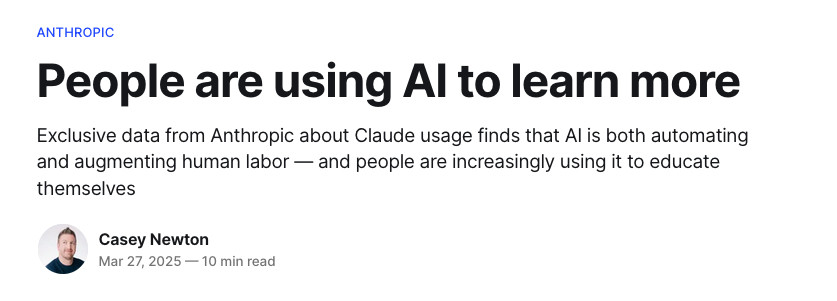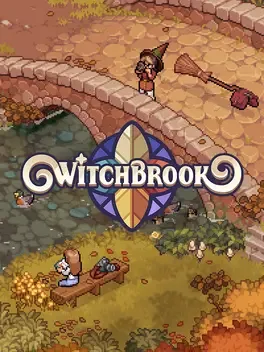And now… I sleep.
Nintendo unveils Switch 2 ahead of June 5 launch ↗
“$449 buys easier multiplayer, mouse mode, and a chance to upgrade older titles.”
I started reading Kase-san and Morning Glories.
I finished reading Dandadan, Vol. 12.
I started reading Dandadan, Vol. 12.
I finished reading The Long Summer of August 31, Vol. 1.
Once Again From the Top ↗
“Somehow, my site turns 25(!) years old this year. I want to rekindle things and get back to writing again. And I want to do it in my own space, apart from the tides of platforms and networks. Just some internet webpages and RSS. I’m excited to write more and share silly, interesting, and inspiring things.”
Serious question: what other company does regressive hardware releases like Nintendo does? Thinking OLED → LCD in the Switch 2. It's kind of ridiculous.
I started reading The Long Summer of August 31, Vol. 1.
I want to read IDOL x IDOL STORY!, Vol. 1.
I want to read I Get the Feeling That Nobukuni-san Likes Me, Vol. 6.
Already seeing publications mixing up availability of games for Switch, Switch 2, and other consoles. I don't get why Sony is able to so clearly establish new generations of consoles while Nintendo seems to struggle, thinking Wii and Wii U.
Leave it to Nintendo to announce "new" features that every other console, PC, and smartphone has had for a decade. 😂
There’s a certain irony to being so tired after putting together a standing desk that all you want to do is sit down.
The internet used to be fun.
I want to read Kusunoki's Flunking Her High School Glow-Up, Vol. 4.
I want to read Medaka Kuroiwa is Impervious to My Charms, Vol. 16.
I want to read I Wanna Do Bad Things with You, Vol. 5.
I want to read You Like Me, Not My Daughter?!, Vol. 6.
Baseball Reaches Its Breaking Point ↗
“An elbow-injury epidemic has become an existential threat to the sport, prompting the M.L.B. to brainstorm new solutions, such as the use of a heavier ball.”
I want to read My Girlfriend's Not Here Today, Vol. 4.
I want to read Someone's Girlfriend, Vol. 3.
I want to read Rent-A-Girlfriend, Vol. 30.
I want to read Mysterious Disappearances, Vol. 5.
I want to read Chained Soldier, Vol. 11.
Support Trans Equality ↗
“It may not always be easy to know how to best show up as an ally, and you may often wonder if or wish that there was more you could do. Being open to learning and having a desire to create change are two of the most important components of your allyship.”
I've caught basically every legendary Pokémon (except Arceus) available in the games on the Switch. I am *tired*.
I finished reading I Can't Say No to the Lonely Girl, Vol. 6.
I started reading I Can't Say No to the Lonely Girl, Vol. 6.
I finished reading The Summer Hikaru Died, Vol. 5.
Discord is planning an IPO this year, and big changes could be on the horizon ↗
“IPO will mean more revenue pressure and possibly more ads.”
Fuck all that knockoff Ghibli AI slop.
I finished reading Monthly in the Garden with My Landlord, Vol. 4.
I added The Rise & The Fall by The Rural Alberta Advantage to my music collection.
Against all odds, Discord's about to get even shittier.
BASEBALL.
I haven't played Genshin in forever but Varesa looks SO FUN.
Pixelfed leaks private posts from other Fediverse instances ↗
“When following someone on a different server on the Fediverse, the remote server decides whether you are allowed to do so. This enables features like private accounts. Due to an implementation mistake, Pixelfed ignores this and allows anyone to follow even private accounts on other servers.”
"Landlord" is not a job.
Yeah, I'm going to spend the next two weeks catching a bunch of Pokémon for my kid, what of it?
I started reading Monthly in the Garden with My Landlord, Vol. 4.
I finished reading It's All Your Fault, Vol. 1.
Your AI generated art looks like shit.
I added With You by CASTLEBEAT to my music collection.
I added Moveys by Slow Pulp to my music collection.
I started reading It's All Your Fault, Vol. 1.
I Can’t Handle Prestige TV ↗
“But mostly, video games occupy the space in my life that a lot of people reserve for TV. Of the hundreds of games I’ve played and finished, many have moved me, but I’ve only found one or two genuinely upsetting. They seem to be a better fit for my psyche: I feel more relaxed playing a game than I do watching a show.”
I feel this in my bones.
I started reading The Summer Hikaru Died, Vol. 5.
I want to read I Got Married to the Girl I Hate Most in Class, Vol. 2.
The more people talk about a show and how good they think it is, the less I want to watch it.
I finished reading The Dangers in My Heart, Vol. 1.
Any chance Nintendo can get their shit together and do *literally anything* to cut down on scalpers before cranking out yet another set nobody can find?
https://www.videogameschronicle.com/news/pokemon-tcg-destined-rivals-officially-revealed/










